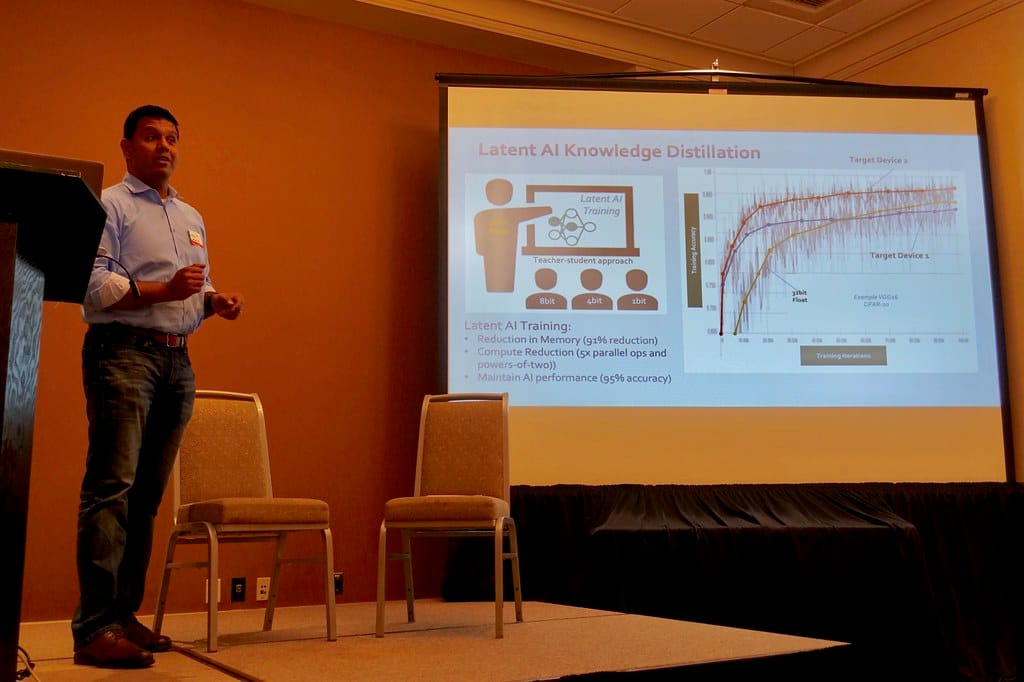Google Tests AI-Powered Finance Platform: The Future of Investment Research Arrives
Google is quietly revolutionizing how millions of users access and analyze financial data, testing artificial intelligence features within Google Finance that could transform retail investment research and challenge established financial platforms.
The tech giant has begun rolling out AI-enhanced capabilities to select Google Finance users, introducing intelligent market summaries, personalized investment insights, and automated portfolio analysis tools. This development represents Google's most significant push into financial services since launching Google Pay, potentially disrupting traditional financial research platforms that have dominated the space for decades.
What's New in AI-Powered Google Finance
The enhanced platform leverages Google's advanced language models to provide contextual market analysis, breaking down complex financial data into digestible insights for everyday investors. Early users report access to features including:
- Smart Market Summaries: AI-generated explanations of daily market movements, connecting news events to stock price changes
- Personalized Portfolio Insights: Automated analysis of user-selected stocks with risk assessments and trend predictions
- Natural Language Queries: Users can ask questions like "Why is Tesla stock down today?" and receive comprehensive, sourced responses
- Predictive Market Alerts: AI-driven notifications about significant market events affecting user-tracked investments
These features appear designed to democratize sophisticated financial analysis, traditionally available only through expensive Bloomberg terminals or premium subscription services.
Market Impact and Industry Response
The financial information industry, valued at over $30 billion globally, has remained relatively unchanged for years. Established players like Bloomberg, Thomson Reuters, and Yahoo Finance have maintained dominant positions through comprehensive data aggregation and professional-grade analysis tools.
Google's AI integration could significantly lower barriers to quality financial research. According to recent surveys, 73% of retail investors rely on free platforms for investment decisions, yet many struggle with interpreting complex financial data. Google's natural language processing capabilities could bridge this gap, making sophisticated analysis accessible to mainstream users.
Traditional financial data providers are taking notice. Bloomberg has accelerated development of its own AI features, while startups likeFinimize and Robinhood have enhanced their educational content to compete with Google's comprehensive approach.
Technical Capabilities and Data Sources
Google Finance's AI enhancement draws from the company's vast data ecosystem, combining real-time market data with news articles, earnings reports, and SEC filings. The platform can cross-reference multiple information sources to provide context that standalone financial platforms often miss.
For example, when analyzing a pharmaceutical stock's recent decline, the AI system can automatically connect FDA approval delays, competitor launches, and analyst downgrades into a coherent explanation. This holistic approach to financial analysis represents a significant advancement over traditional chart-based research tools.
The integration also benefits from Google's search infrastructure, allowing the platform to surface relevant financial news and analysis from across the web, properly attributed and fact-checked against multiple sources.
Privacy and Regulatory Considerations
Google's expansion into financial services raises important questions about data privacy and regulatory compliance. The company has stated that AI-powered Finance features don't access users' personal financial accounts or transaction data, instead focusing on publicly available market information and user-selected stock watchlists.
However, the platform's ability to provide personalized investment insights based on user behavior and search patterns could attract scrutiny from financial regulators. The SEC has increased focus on AI-driven financial advice, particularly regarding disclosure requirements and fiduciary responsibilities.
Google has positioned these features as educational tools rather than investment advice, including prominent disclaimers about the experimental nature of AI-generated content and recommendations to consult qualified financial advisors for investment decisions.
Looking Ahead: Implications for Investors
Google's AI-powered Finance platform represents more than a feature upgrade—it signals a fundamental shift toward democratized financial analysis. As artificial intelligence becomes more sophisticated, the gap between professional and retail investor tools continues to narrow.
For everyday investors, this development offers unprecedented access to market intelligence previously reserved for institutional clients. However, users must remain cautious about over-relying on AI-generated insights, particularly in volatile market conditions where algorithmic analysis may not account for unprecedented events.
The success of Google's financial AI experiment could accelerate similar innovations across the industry, ultimately benefiting investors through improved access to quality financial research and analysis tools. As these features expand beyond testing phases, they may well establish new standards for how technology companies approach financial services integration.
